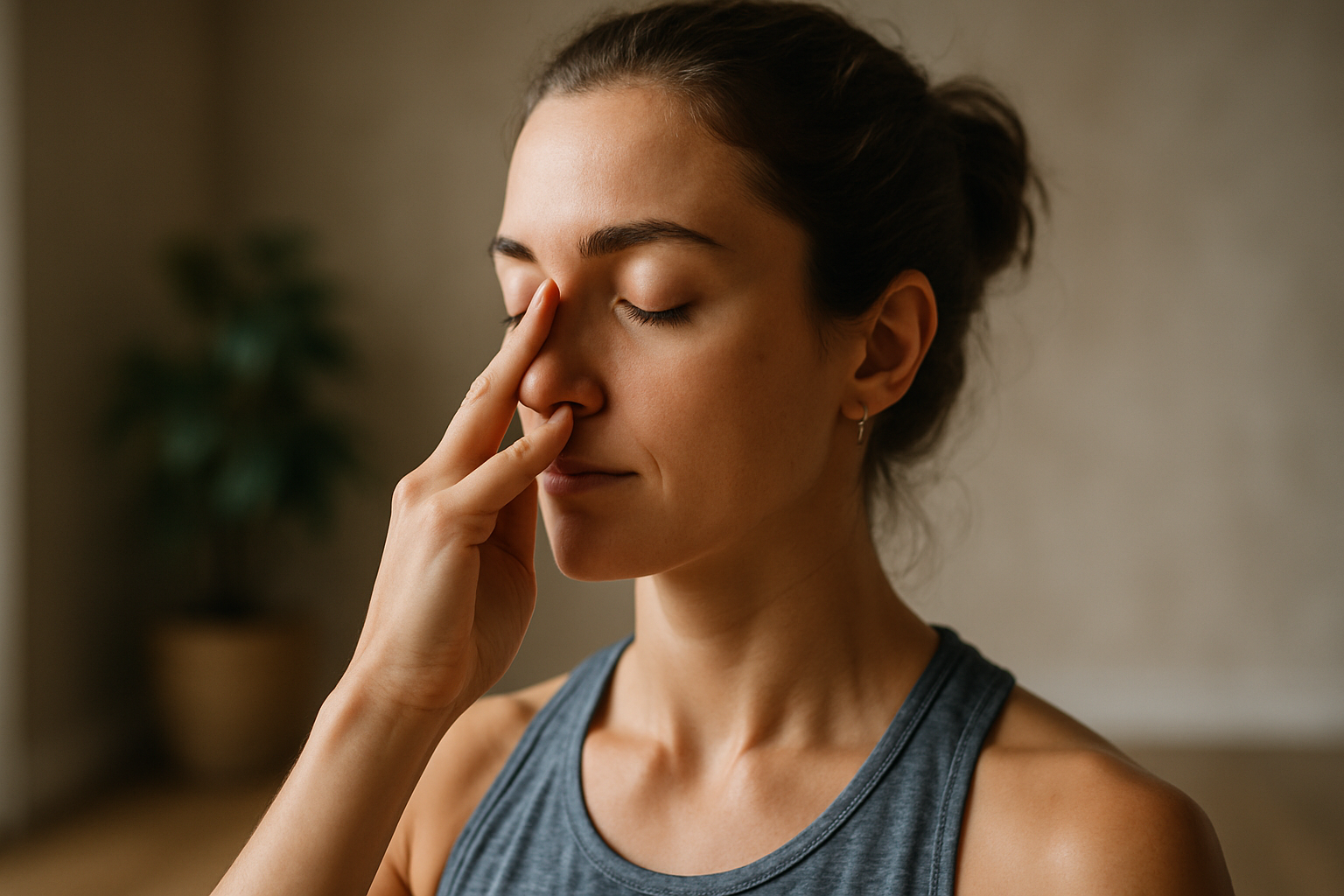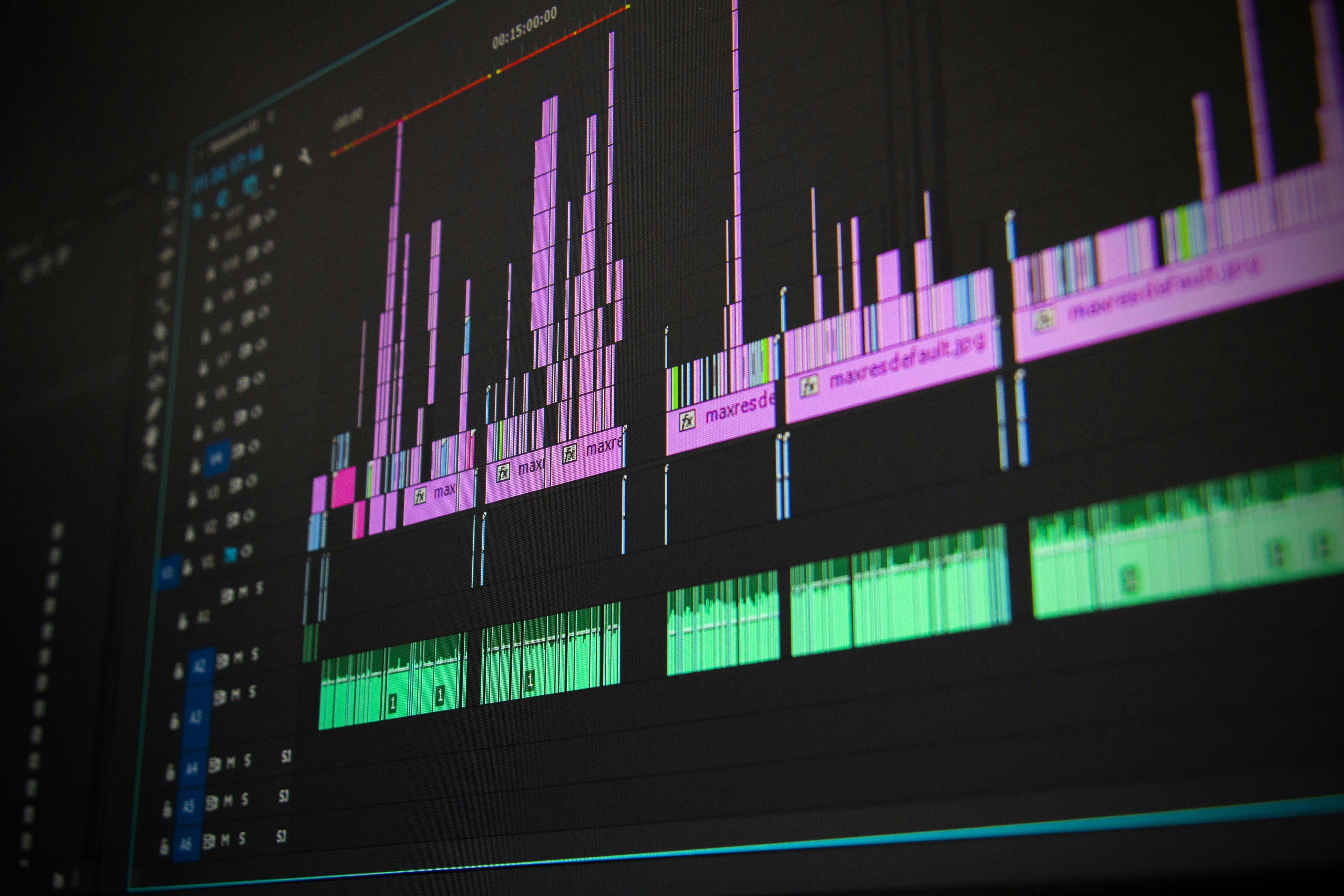Evidence-based methods to reduce stress and improve energy
Many people juggle busy schedules, unexpected demands, and shifting priorities that leave them drained and stressed. Evidence-based methods across mindfulness, sleep, nutrition, movement, and social connection can help restore energy and enhance resilience. This article outlines practical strategies you can adopt gradually to support daily vitality and reduce persistent stress.

Stress and low energy often reinforce one another through physiological and behavioral cycles: chronic stress disrupts sleep and appetite, while poor rest and nutrition increase fatigue and reduce coping capacity. Addressing both stress and energy is most effective when you adopt small, sustainable changes that target the nervous system, daily routines, and social resources. The following sections summarize evidence-informed practices to reduce stress, boost daytime vitality, and strengthen long-term resilience.
Mindfulness, meditation, and breathwork
Mindfulness practices, short meditations, and targeted breathwork are supported by research for lowering perceived stress and improving attention. Regular mindfulness trains attention to the present moment, reducing rumination that fuels stress. Brief daily meditations (5–15 minutes) and simple breathwork—such as slow diaphragmatic breathing or box breathing—engage the parasympathetic nervous system, slowing heart rate and easing tension. Begin with short, consistent sessions and pair them with habit tracking to reinforce regular practice; over weeks, these small efforts can lead to measurable reductions in reactivity and clearer daytime focus.
Sleep habits for better energy
Sleep quality is a foundational factor in daytime energy and stress tolerance. Establishing consistent bed and wake times, creating a cool, dark sleeping environment, and limiting evening screen exposure support better sleep architecture. If stress disrupts sleep, combine hygiene measures with relaxation routines like progressive muscle relaxation or short pre-sleep meditation. Avoid large meals, alcohol, and intense late-night exercise when aiming to improve sleep continuity. Monitoring sleep patterns with a diary or tracker can reveal trends and guide realistic adjustments to routines.
Nutrition and hydration for vitality
Steady energy depends on balanced nutrition and adequate hydration. Prioritize whole foods that combine complex carbohydrates, lean protein, healthy fats, fiber, and micronutrients to help maintain stable blood sugar and steady cognitive performance. Regular meal timing prevents energy crashes and supports mood regulation. Dehydration can impair focus and increase perceived effort, so sip water throughout the day rather than waiting until thirsty. When stress alters appetite or causes cravings, plan simple, nutrient-dense options and consider consulting a registered dietitian for personalized advice.
Exercise and ergonomics for sustained energy
Regular physical activity enhances cardiovascular fitness, mood, and sleep quality, all of which support daytime vitality. Aim for a balanced routine that includes aerobic movement, resistance training, and flexibility work across the week. Short activity breaks during prolonged sitting boost circulation and reduce mental fatigue. Attention to ergonomics—proper chair height, monitor placement, and periodic posture changes—reduces musculoskeletal tension that can compound stress and drain energy. Treat movement and ergonomic adjustments as proactive self care to sustain long-term functioning.
Social connection, self care, and resilience
Social connection is a protective factor against stress: meaningful interactions and emotional support reduce perceived burden and promote adaptive coping. Prioritizing self care—regular rest, leisure activities, boundary-setting, and enjoyable hobbies—helps replenish emotional and physical reserves. Building resilience involves cultivating supportive relationships, refining stress-management skills, and setting realistic expectations for performance. These practices reduce the cumulative wear of daily stressors and make it easier to recover energy after demanding periods.
Habit tracking and mental health for lasting change
Sustained improvement in stress and energy usually comes from incremental habit change. Use habit tracking tools—apps, checklists, or a simple journal—to record sleep consistency, minutes of mindfulness, hydration, movement, and mood. Tracking provides feedback, highlights patterns, and supports accountability without perfectionism. Integrate mental health strategies such as cognitive reframing, behavioral activation, or brief therapy if needed; professional support can accelerate progress when stress or low energy persist despite self-directed efforts.
This article is for informational purposes only and should not be considered medical advice. Please consult a qualified healthcare professional for personalized guidance and treatment.
Conclusion
Reducing stress and improving energy is best approached through multiple, complementary adjustments: consistent mindfulness and breathwork, better sleep routines, balanced nutrition and hydration, regular movement coupled with ergonomic care, and strong social support and self care. Track small habits, review progress periodically, and adapt goals to fit your circumstances. Over time, these evidence-based strategies can enhance vitality and build resilience without requiring dramatic life changes.





